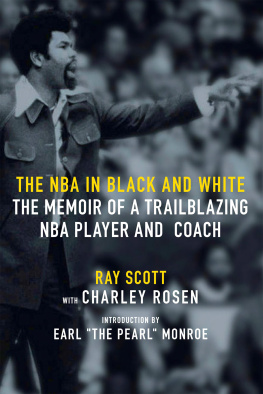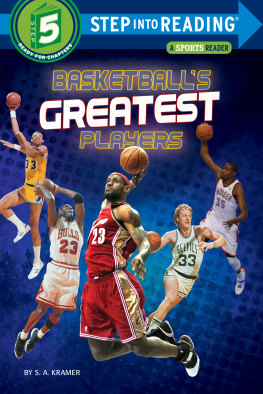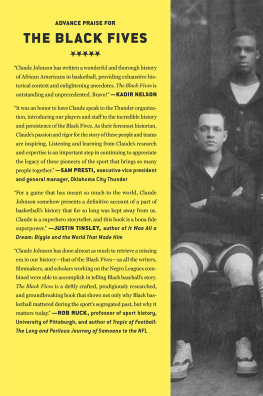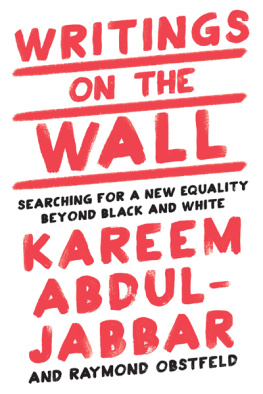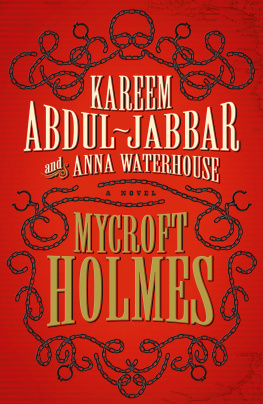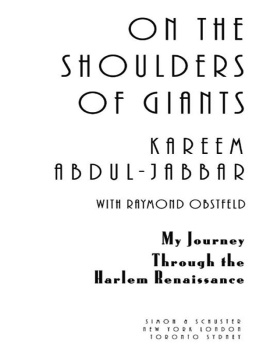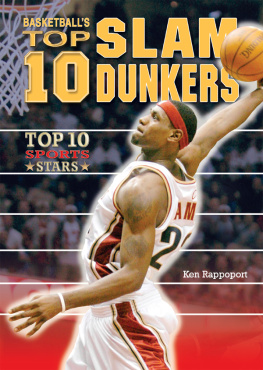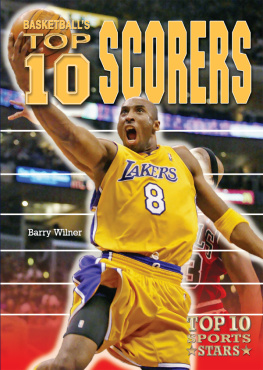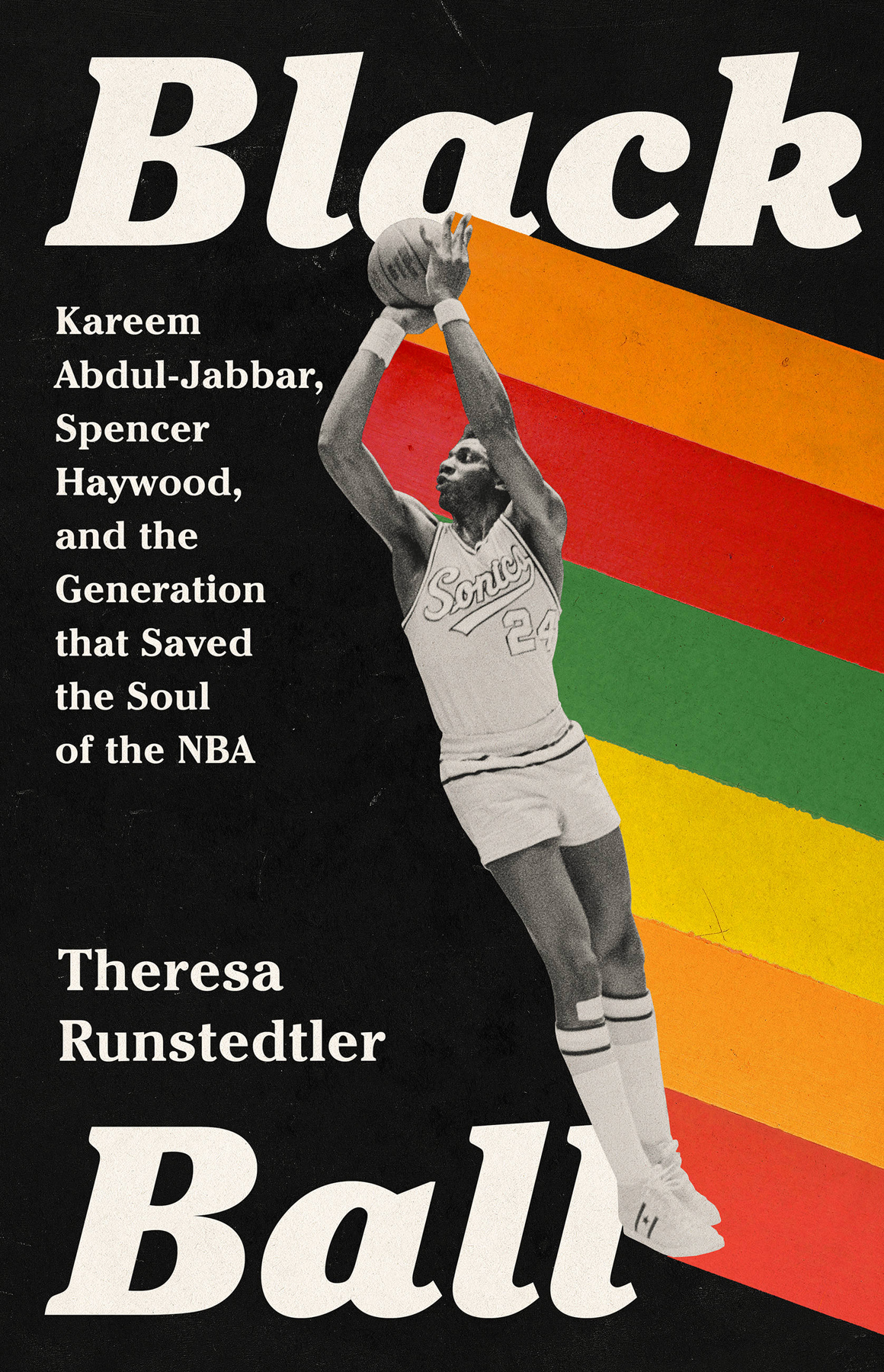Long before the NBA became an international brand, and before Larry Bird, Magic Johnson, and Michael Jordan made it a national obsession, a generation of Black ball players helped transition the sport from a cultural wasteland to must-see spectacle. In Black Ball , Theresa Runstedtler brilliantly tells the story of men famous and not-so-famous, who through sheer innovation and an articulation of self-worth, transformed how the game would be played, how it would be watched, and ultimately how it would be valued.
Mark Anthony Neal, author of Black Ephemera: The Crisis and Challenge of the Musical Archive
Theresa Runstedtlers Black Ball is great: deeply researched and foundational, a necessary reminder that the dunks and three-pointers, behind-the-back passes, and mid-air poetry everybody loves are the byproduct of an often-unwelcome player movement. The NBA is cool. The story of the Black players who transformed the game into what it is today is even cooler.
Howard Bryant, author of The Heritage: Black Athletes, a Divided America, and the Politics of Patriotism
In the 1970s Black basketball players quite literally changed the game. But as Runstedtler shows in this superb book, not in the way we think. Black players had to fight on the court and in courtbefore judges and in the court of public opinionto secure rights, dignity, fair treatment, and equitable pay. In the face of racist backlash, economic crisis, and corporate owners who treated players as chattel, these men brought energy, style, a new consciousness, and an imperative for justice. Compelling and beautifully written, Black Ball is further proof why Runstedtler is one of sports most perceptive and incisive historians.
Robin D. G. Kelley, author of Thelonious Monk: The Life and Times of an American Original
In her brilliant book Black Ball , Runstedtler reminds us there was nothing inevitable about the NBAs rise as a global profit machine built around Black stars. She uncovers an overlooked but important history of how the leagues Black players challenged a white monopoly that controlled the sport. In a fascinating and sobering read, Runstedtler reconstructs a pivotal decadethe 1970sa time when Black players, full of frustration and determination, redefined the NBAs place in American culture. A must-read for anyone interested in basketball.
Johnny Smith, author of The Sons of Westwood: John Wooden, UCLA, and the Dynasty That Changed College Basketball
It was almost a Dickensian world. For many white traditionalists, professional basketball in the 1970s was the worst of times. Instead of earthbound, paint-by-number offensives, the game became a free-form, be-bop ballet played above the rim. Connie Hawkins, Spencer Haywood, Kareem Abdul-Jabbar, and other Black players took over the game and made it their own, thrilling a new generation of spectators. And following the lead of Oscar Robinson, they demanded more rights, greater diversity in coaching, and increased pay. Runstedtler brilliantly chronicles the decade that forever changed the game.
Randy Roberts, coauthor of Blood Brothers: The Fatal Friendship Between Muhammad Ali and Malcolm X
With Black Ball , Runstedtler isnt so much rewriting history as reclaiming it. The 1970s were an utterly transformative incubation period for the development of the game we see today. It also was the first time the players had a taste of actual labor power. While the NBA portrays this period as a time that almost wrecked the league, Runstedtler gives us a far more nuanced and honest reading. This is a necessaryand antiracistcorrection and should inspire more of us to re-examine the 1970sa period of pain, but also progress.
Dave Zirin, sports editor, The Nation
A half century before African American athletes became the vanguard of sports century awakening, a generation of players in the NBA picked up the torch lit by their predecessors during the 1960s. Runstedtler adeptly captures the complex sporting landscape of those times and the backlash these players endured. With panache and perspective, she explores a profoundly compelling story of unfairly reviled players who changed how the game was played and the power relations shaping it. Though often overlooked, this generation laid the foundation for basketballs increasing cultural cachet, its rise as a global game, and its renewed commitment to social justice.
Rob Ruck, professor of sport history, University of Pittsburgh, and author of Tropic of Football: The Long and Perilous Journey of Samoans to the NFL
Copyright 2023 by Theresa Runstedtler
Cover design by Pete Garceau
Cover photograph copyright Vernon Blever/NBAE via Getty Images
Cover copyright 2023 by Hachette Book Group, Inc.
Hachette Book Group supports the right to free expression and the value of copyright. The purpose of copyright is to encourage writers and artists to produce the creative works that enrich our culture.
The scanning, uploading, and distribution of this book without permission is a theft of the authors intellectual property. If you would like permission to use material from the book (other than for review purposes), please contact permissions@hbgusa.com. Thank you for your support of the authors rights.
Bold Type Books
30 Irving Place, 10th Floor New York, NY 10003
www.boldtypebooks.org
@BoldTypeBooks
First Edition: March 2023
Published by Bold Type Books, an imprint of Perseus Books, LLC, a subsidiary of Hachette Book Group, Inc. Bold Type Books is a co-publishing venture of the Type Media Center and Perseus Books.
The Hachette Speakers Bureau provides a wide range of authors for speaking events. To find out more, go to www.hachettespeakersbureau.com or email HachetteSpeakers@hbgusa.com.
Bold Type books may be purchased in bulk for business, educational, or promotional use. For information, please contact your local bookseller or Hachette Book Group Special Markets Department at special.markets@hbgusa.com.
The publisher is not responsible for websites (or their content) that are not owned by the publisher.
Library of Congress Cataloging-in-Publication Data
Names: Runstedtler, Theresa, author.
Title: Black ball : Kareem Abdul-Jabbar, Spencer Haywood, and the generation that saved the soul of the NBA / Theresa Runstedtler.
Description: First edition. | New York, N.Y. : Bold Type Books, 2023 | Includes bibliographical references and index.
Identifiers: LCCN 2022029151 | ISBN 9781645036951 (hardcover) | ISBN 9781645036968 (ebook)
Subjects: LCSH: National Basketball AssociationHistory20th century. | African American basketball playersHistory20th century. | BasketballSocial aspectsUnited StatesHistory20th century. | Discrimination in sportsUnited StatesHistory20th century. | Race relationsUnited StatesHistory20th century.
Classification: LCC GV885.515.N37 R86 2023 | DDC 796.323/640973dc23/eng/20220722
LC record available at https://lccn.loc.gov/2022029151
ISBNs: 9781645036951 (hardcover), 9781645036968 (ebook)
E3-20230112-JV-NF-ORI
For John Runstedtler. Dad, you were my first teacher in critical thinking. I hope youre relaxing in heaven.
For Gus, my miracle child. Youve already taught me so much about life and love.
NBA and Cocaine: Nothing to Snort At, declared the Los Angeles Times headline wryly. There are no reliable figures on the use of cocaine by players, Times staff writer Chris Cobbs admitted, but estimates by people in the game range from 40 to 75%, with perhaps as many as 10% getting high with freebase.


